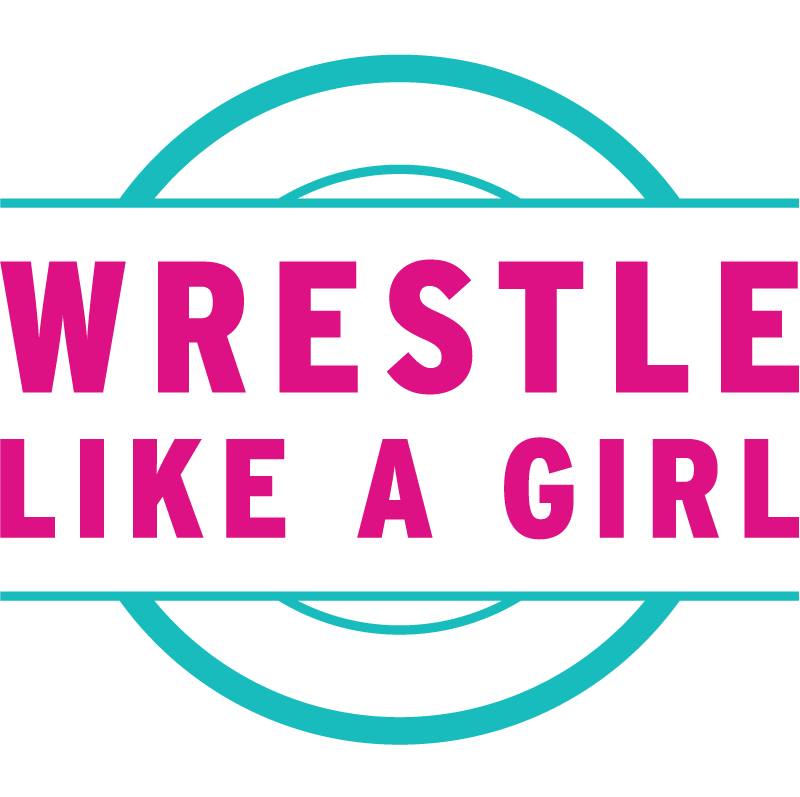Trust/Coach-Athlete Relationship
Generally, female athletes follow the coach they trust; male athletes follow the coach they respect.
A positive relationship with the coach can support a female wrestler’s confidence and self-esteem.
Your female wrestler must know that you care, not only about her as an athlete but as a whole person.
Confidence
Boys tend to be more confident and inflate their abilities, whereas girls tend to doubt their abilities, be more afraid to fail, and are more likely to be perfectionists.
Females tend to internalize failure and criticism. While this means girls can be very coachable, intense criticism can sometimes inhibit or undermine confidence.
Confidence in females is determined by a mix of their performance and their perception of how others view them.
Your female athlete’s body language will be a key indicator of whether she needs any encouragement boost from a coach. Genuine, well-placed praise is valuable for supporting a female athlete’s confidence.
How She Wrestles is a campaign telling the stories of female wrestlers. Here are stories about confidence from seasoned female athletes and coaches:
Motivation
Coaches report female wrestlers as extremely coachable; they are responsive to suggestions and will try new techniques, especially if it will help them perform better.
CORE VALUE: Process-based vs. Outcome Based: Some say males are motivated to win while females are motivated to not fail. Whether or not this rings true for you, many coaches have success focusing on mastery over competition. Focus on the process; frame competition as part of the process of your athlete’s personal and athletic development.
Application: If your female wrestler is anxious in matches, build match-like scenarios into your practice to help her work through these nerves. Help her refocus her attention from the outcome to process goals and to utilizing skills she has been working on in practice.
Keep in mind, many girls’ motivation for joining wrestling is for the recreational side of the sport: making friends, building confidence, becoming fit, building their college application/resume depth, and uniqueness. Over time, they move towards high performance and become masters of their craft, but in the beginning, it's about making friends and making practices fun. As a girl’s coach, slowly increase the challenges and encourage them to set higher goals.
Resources
How Brain Structure Informs Coaches from Women In Sport Foundation
More in this Women in Sport Foundation’s Report
InSideOut Coaching: How Sports Can Transform Lives by Joe Ehrmann

